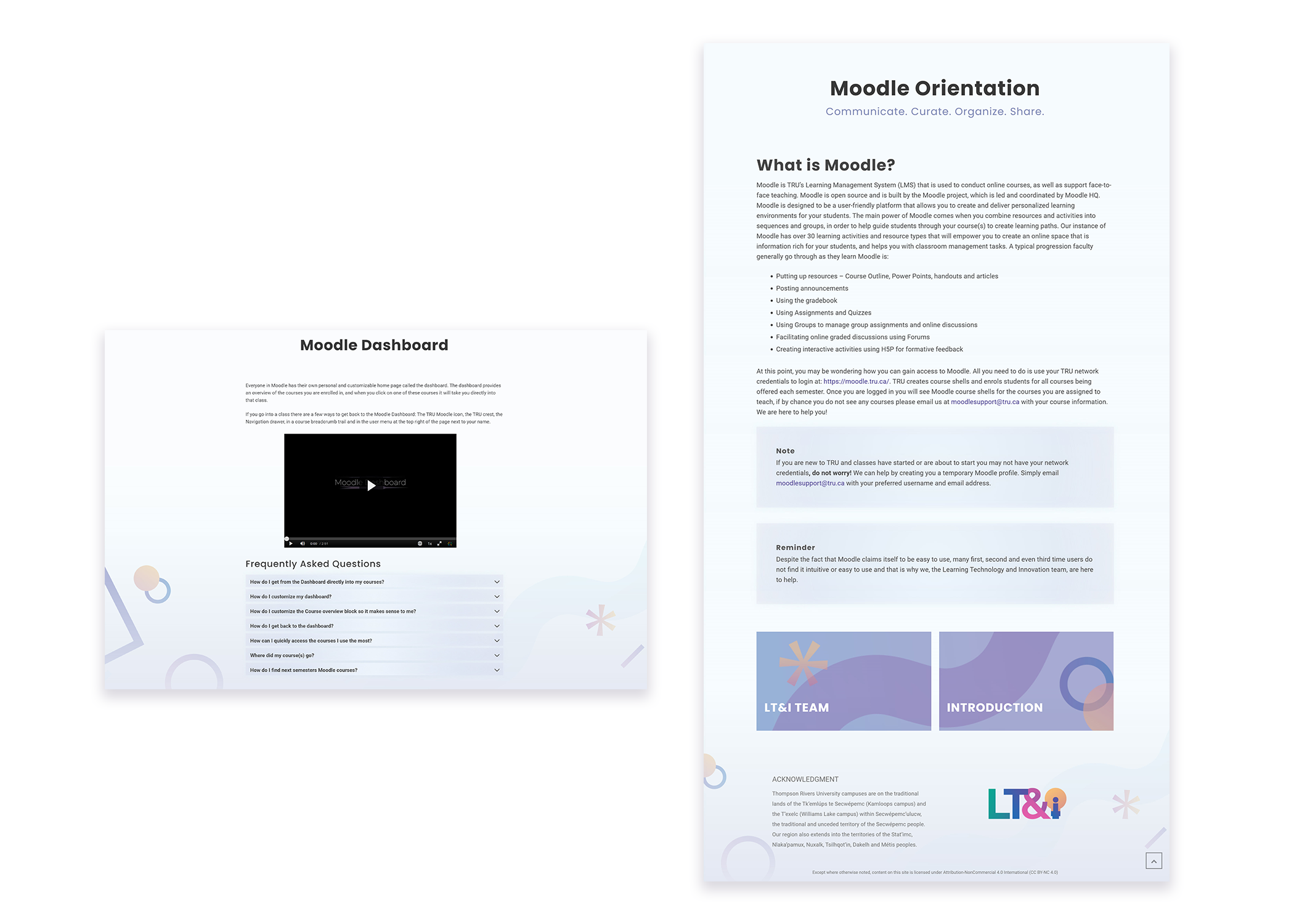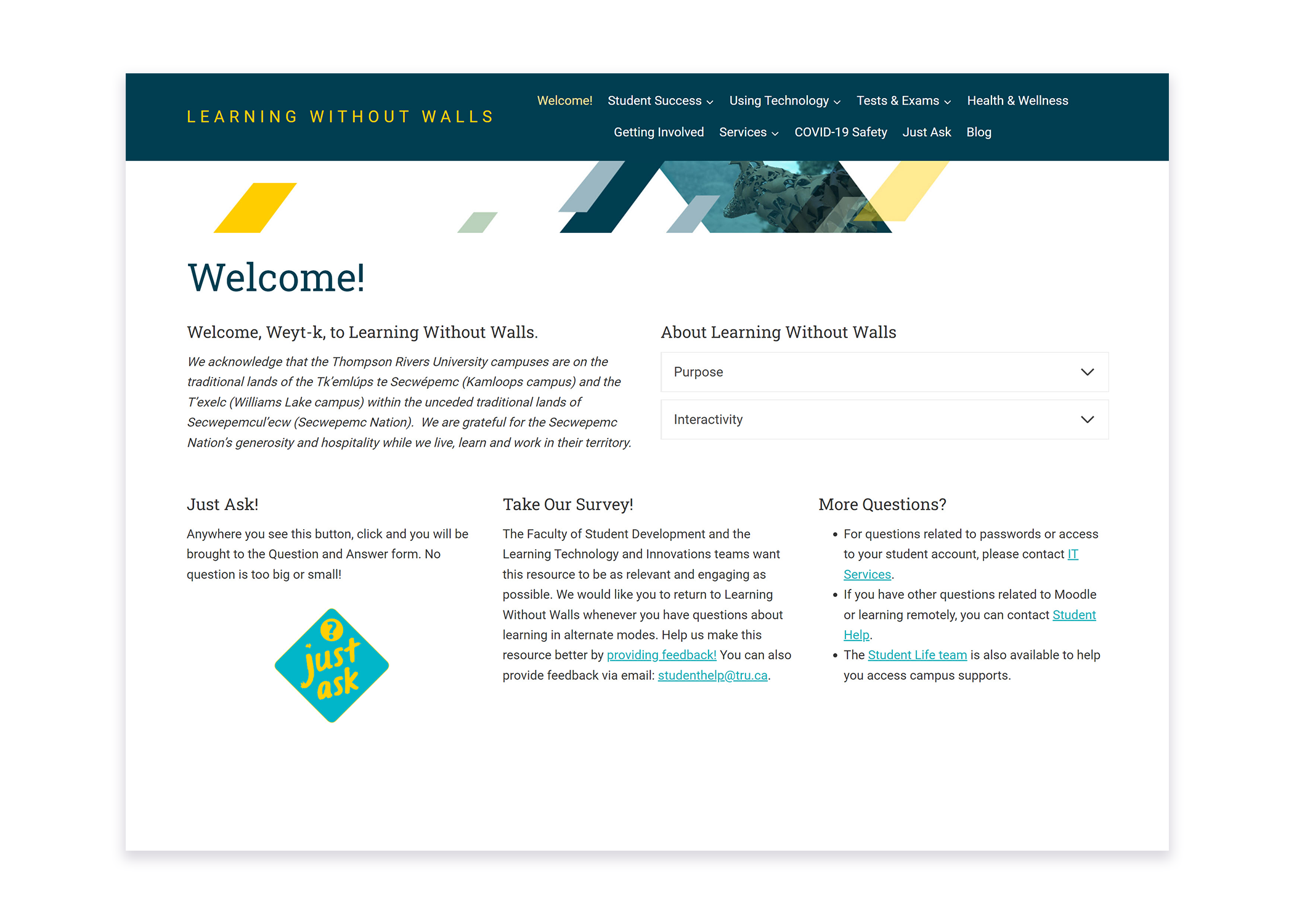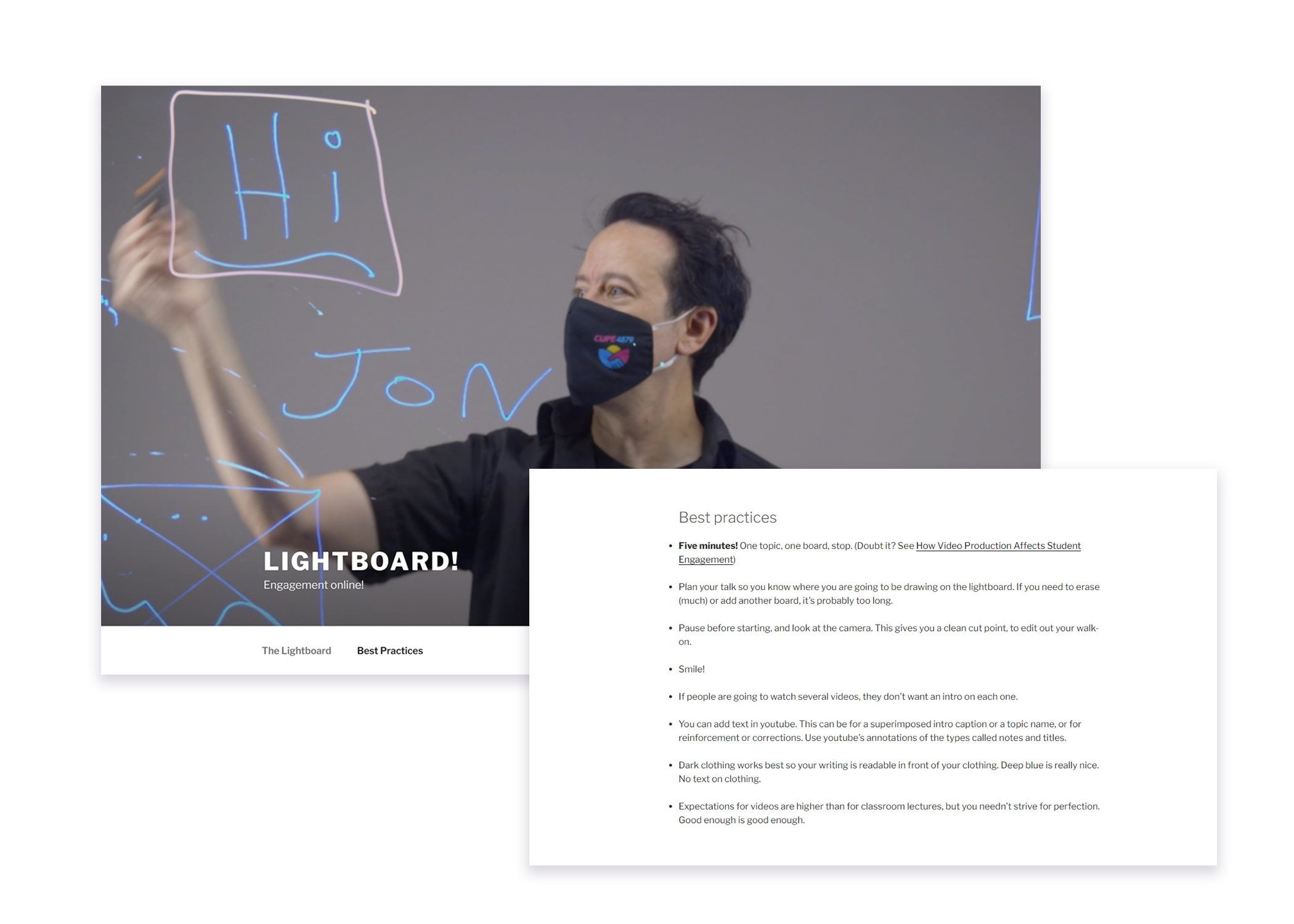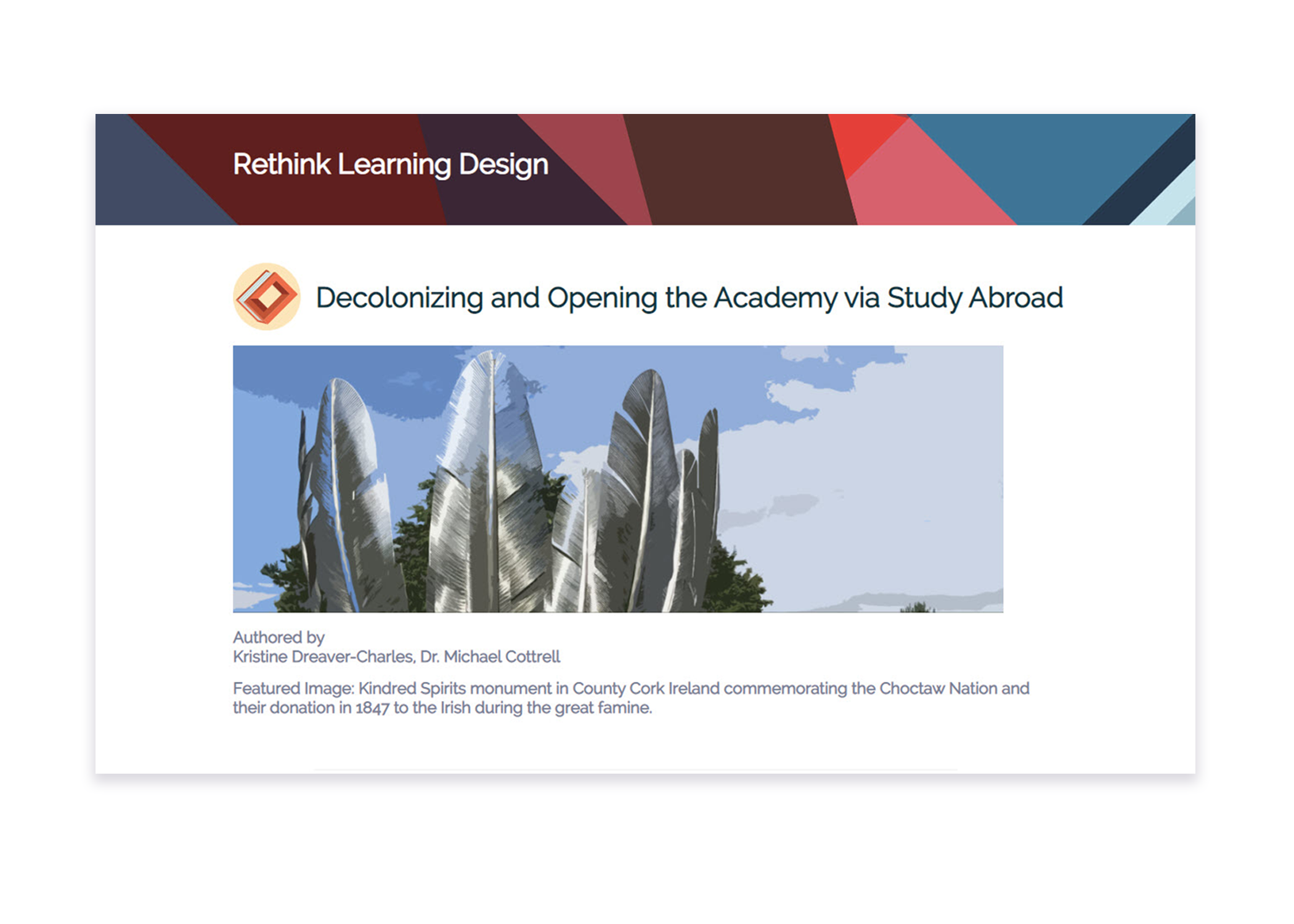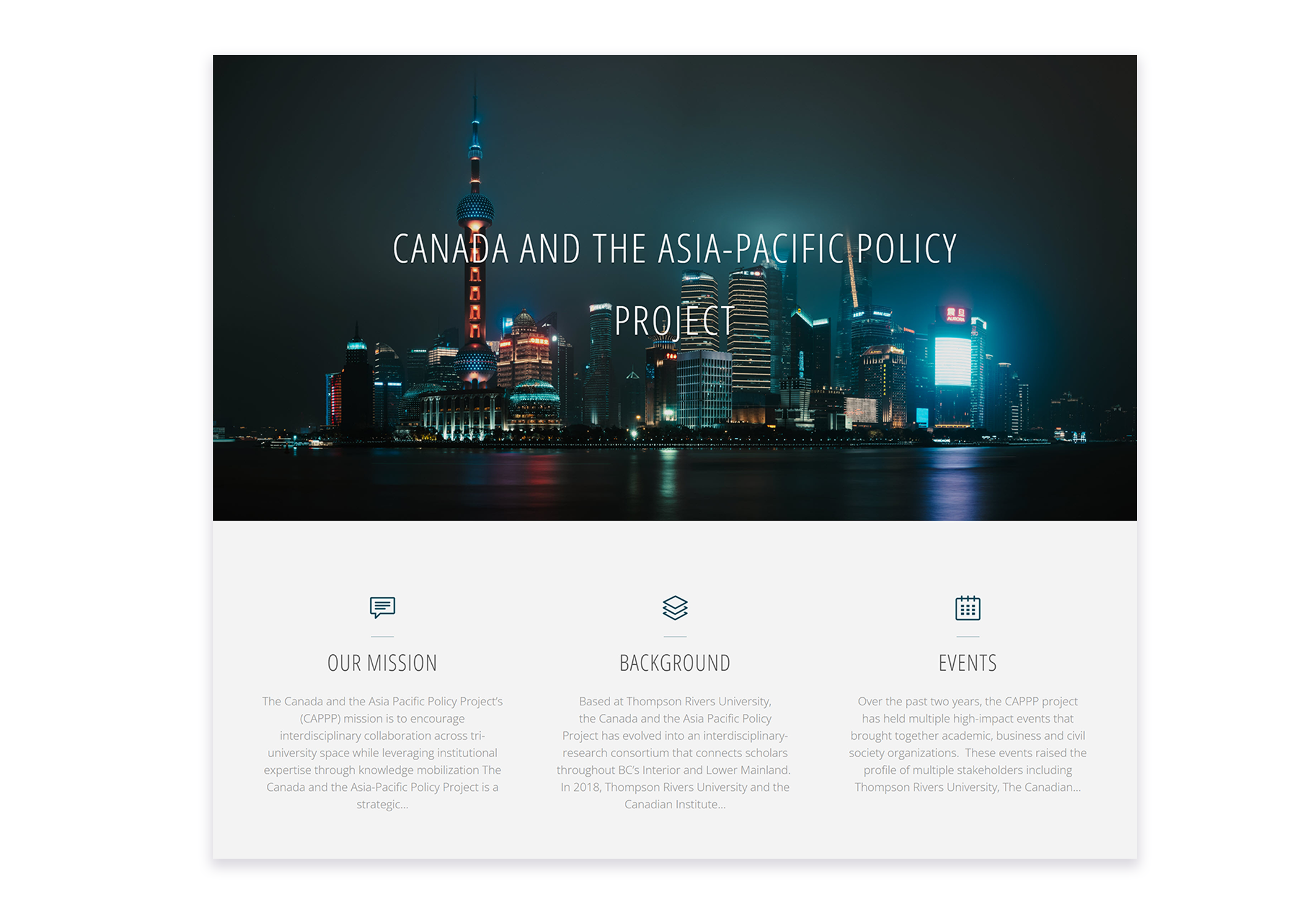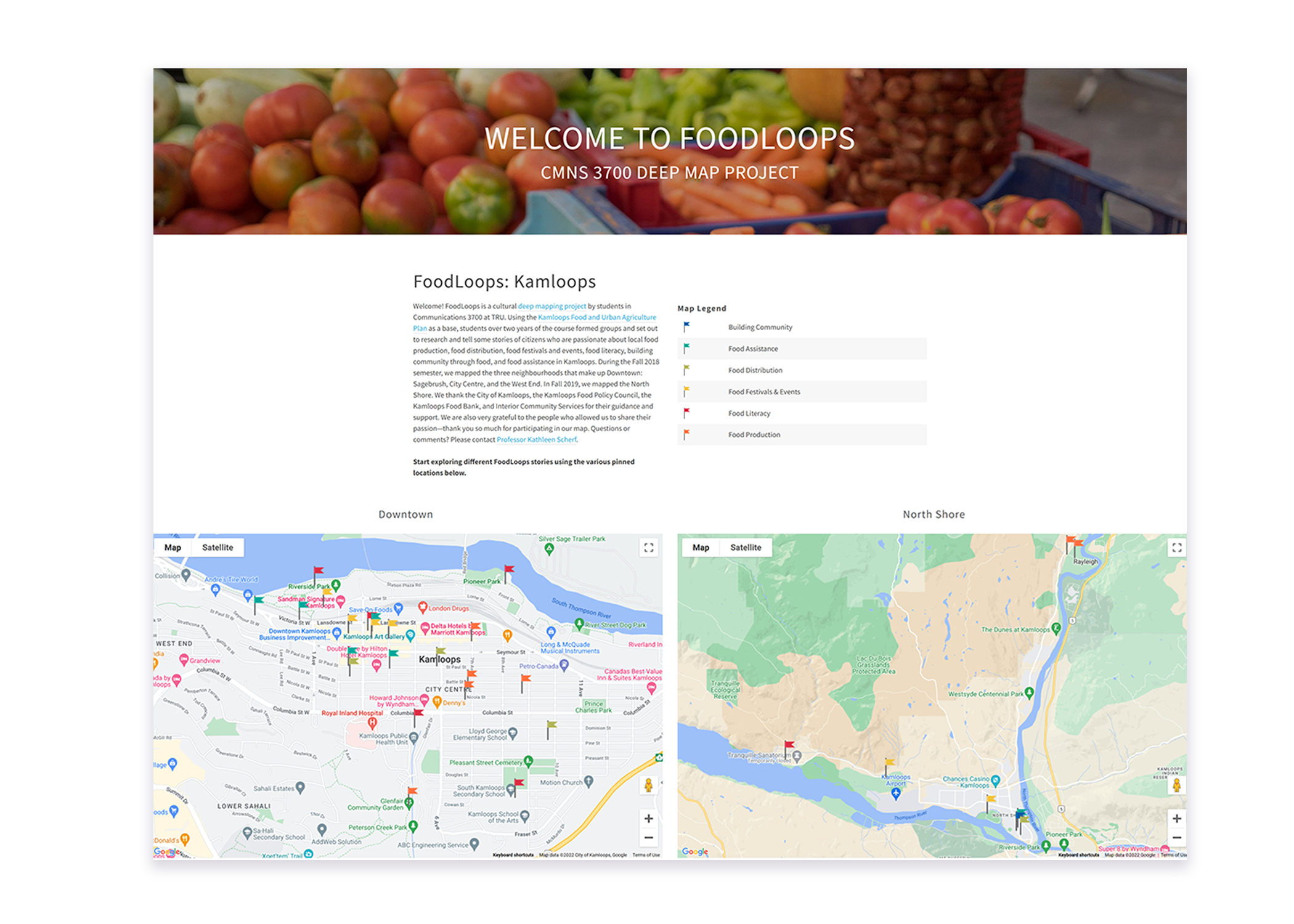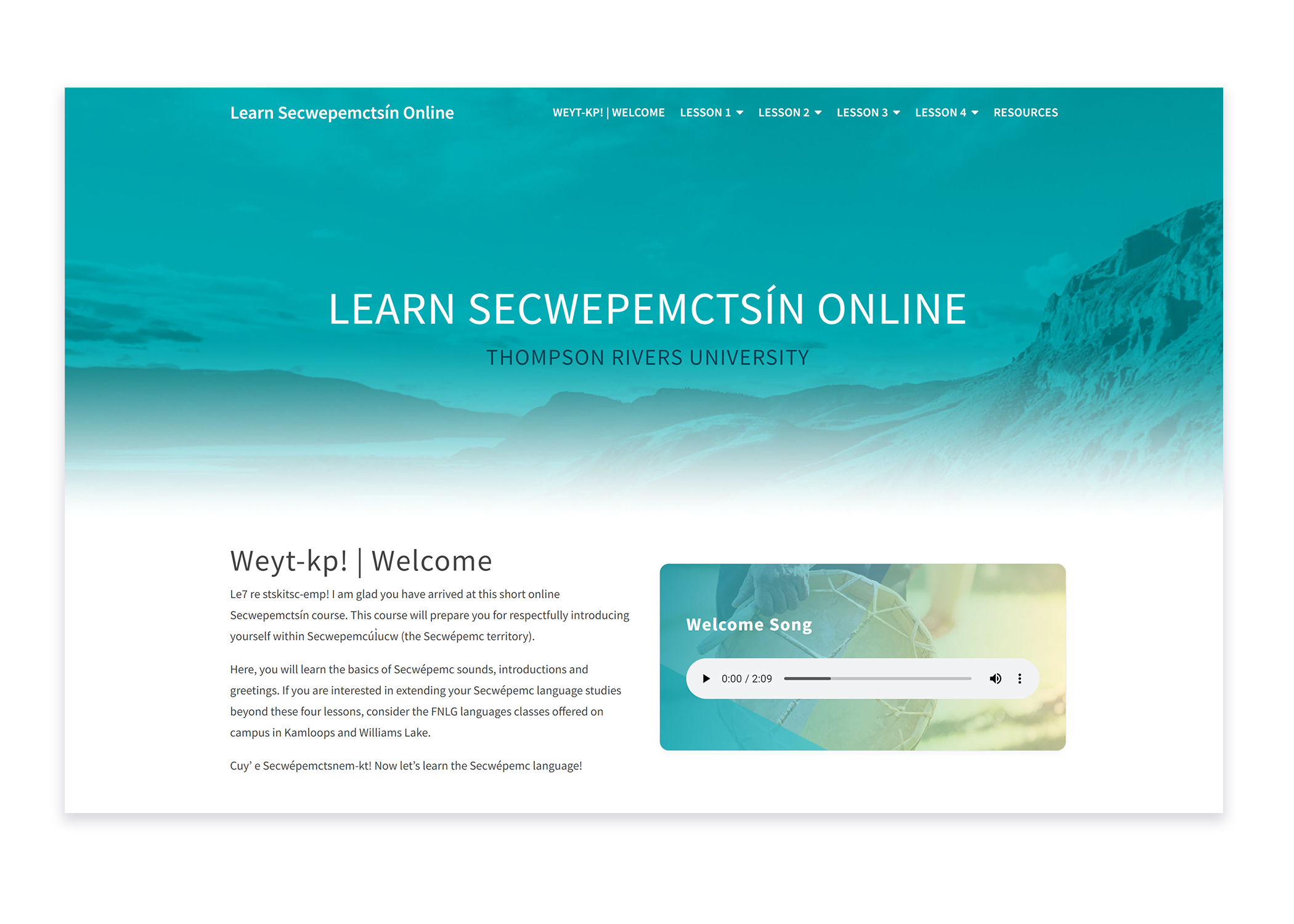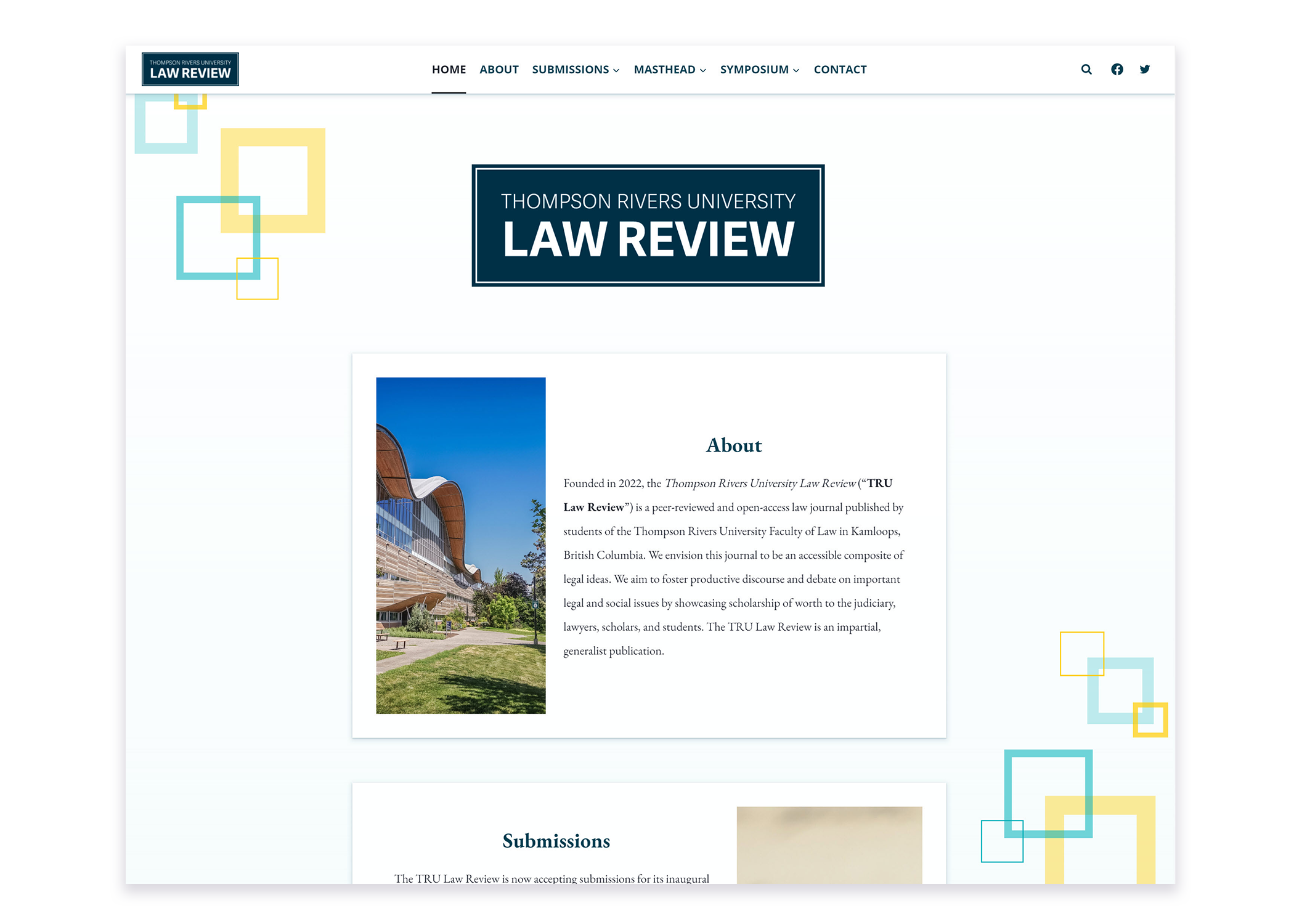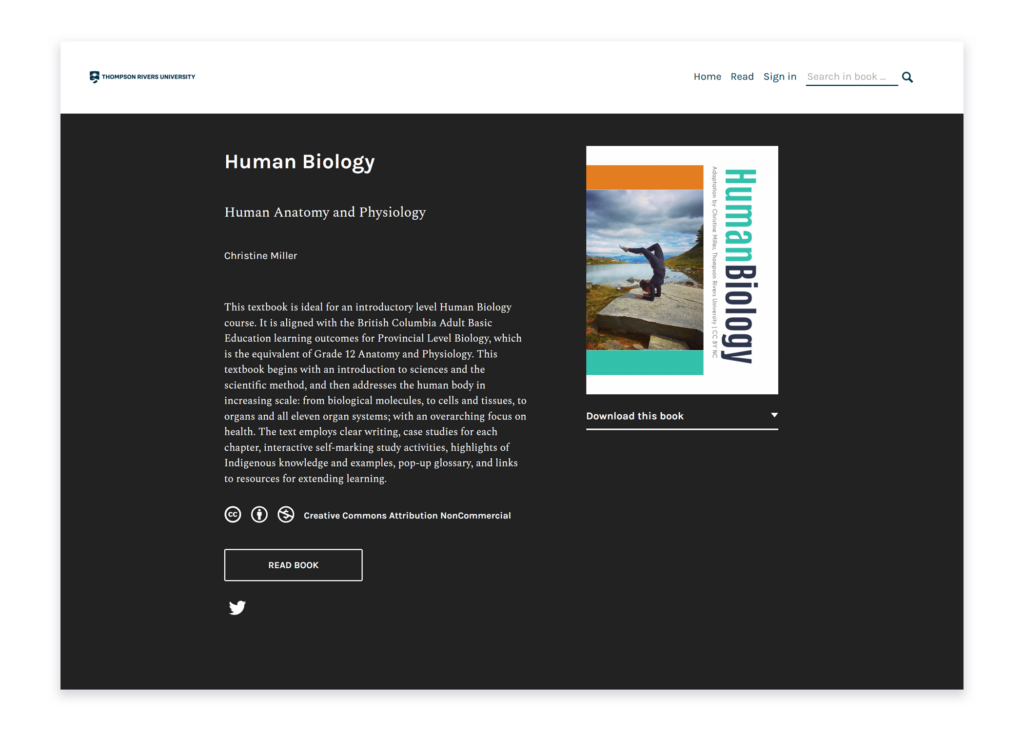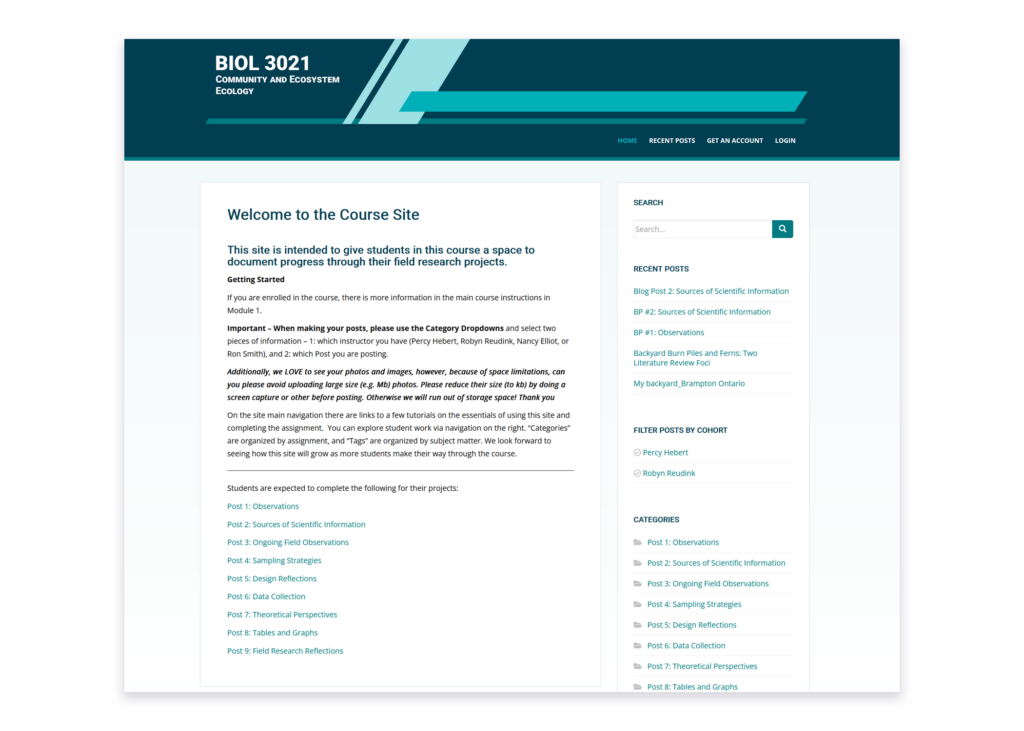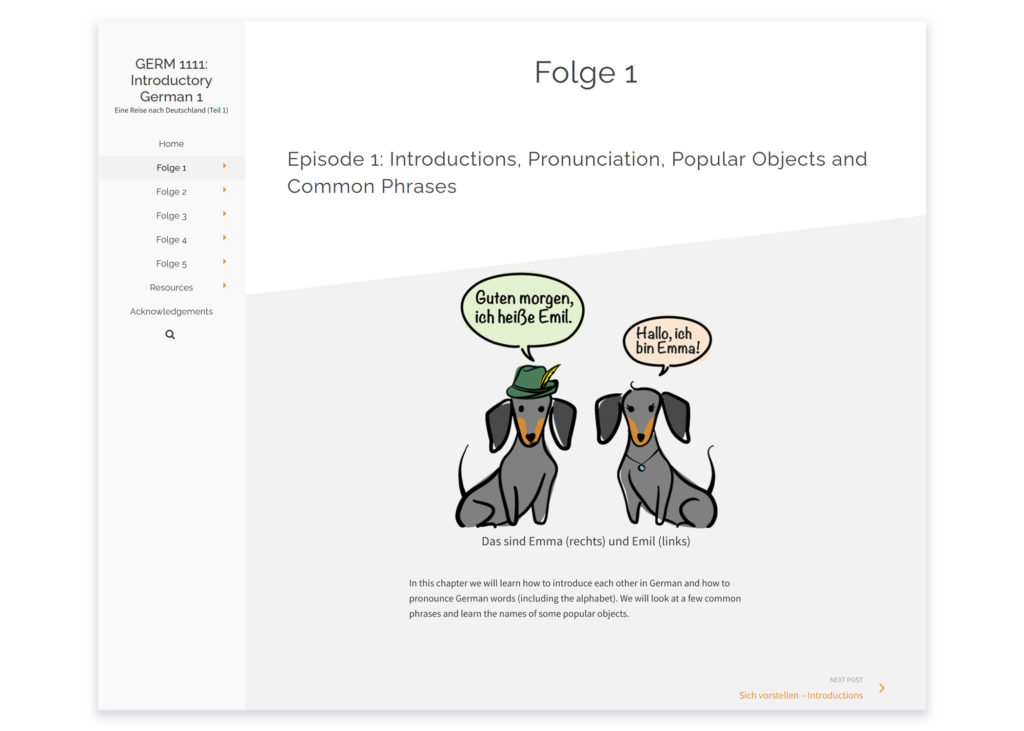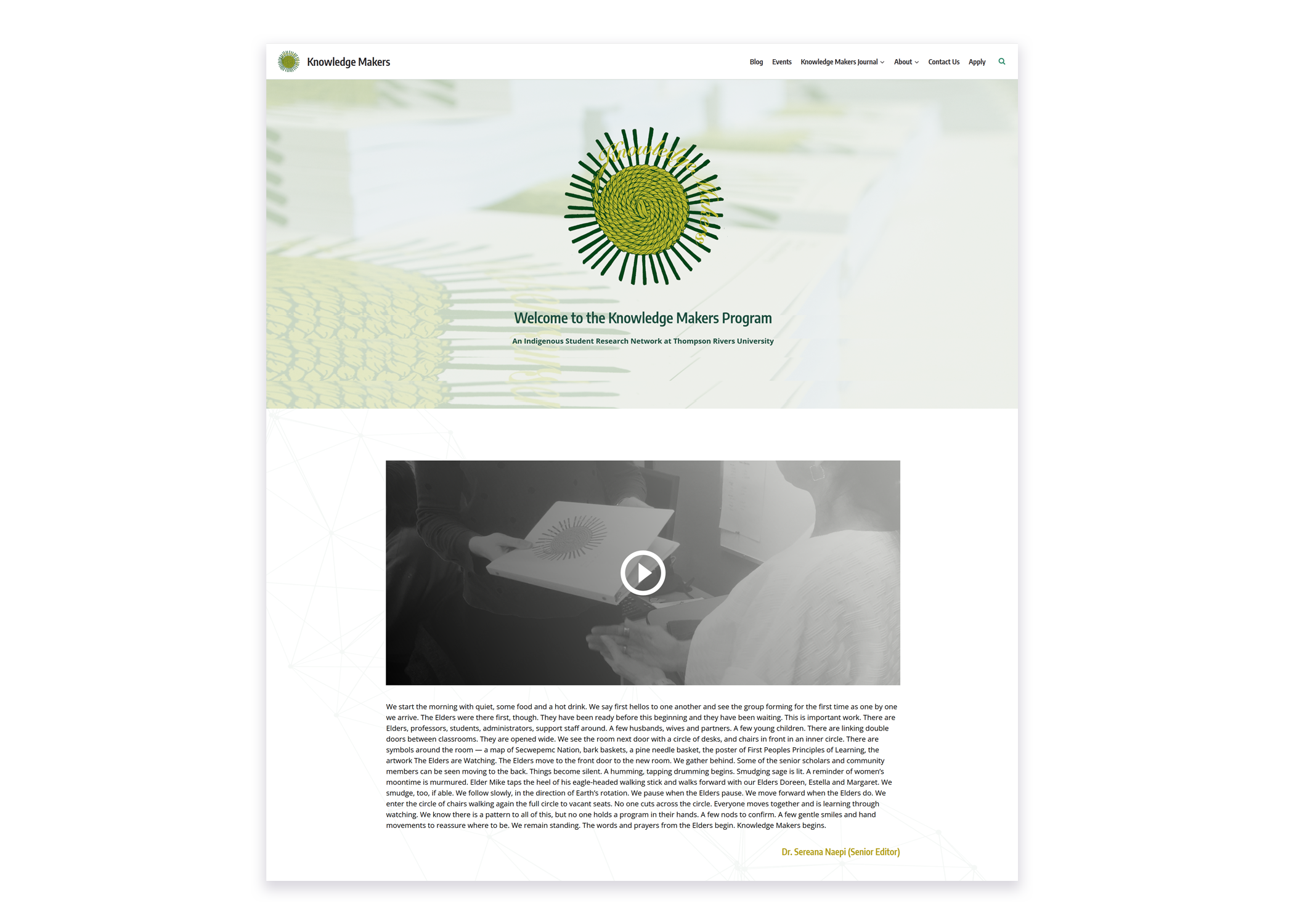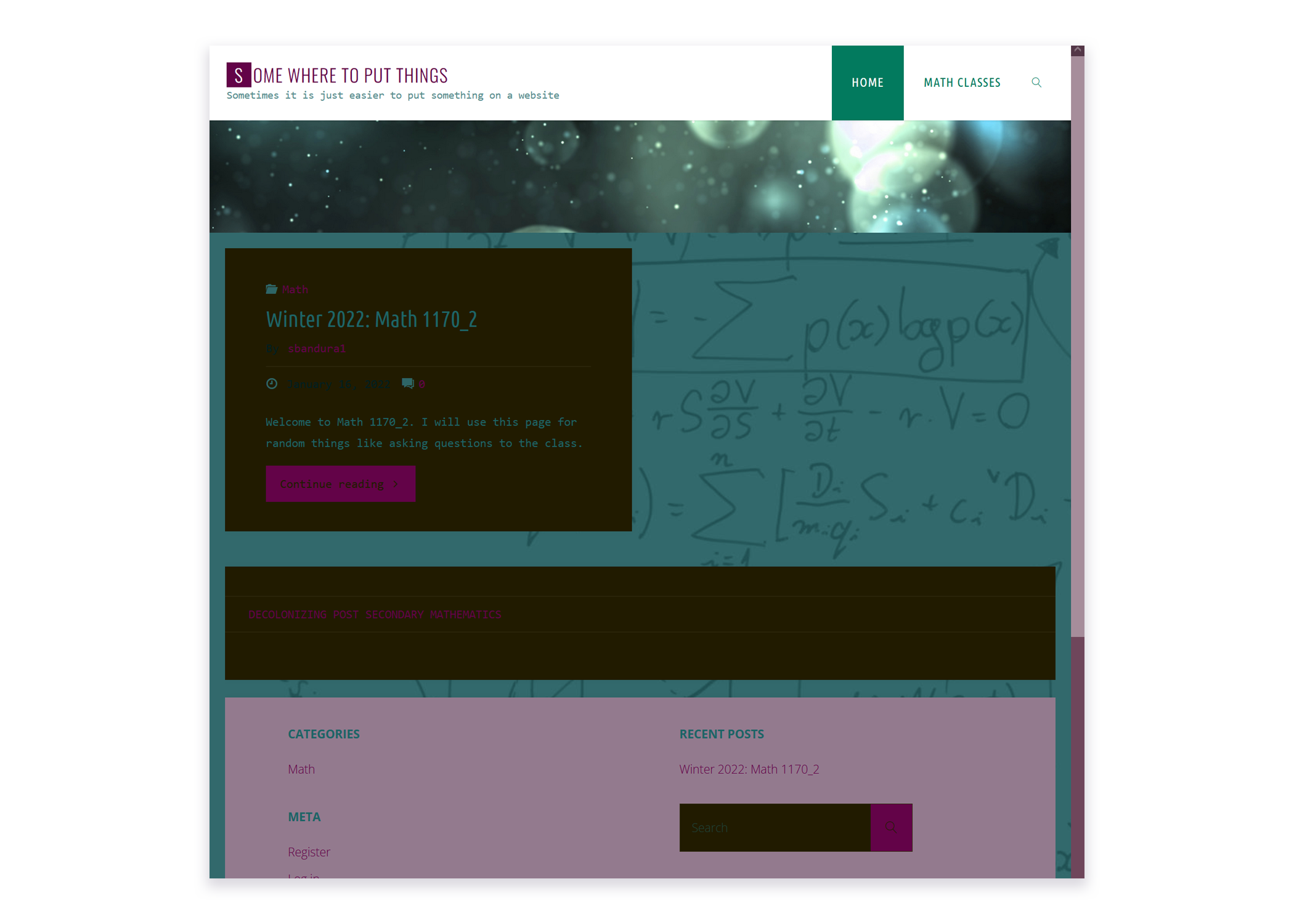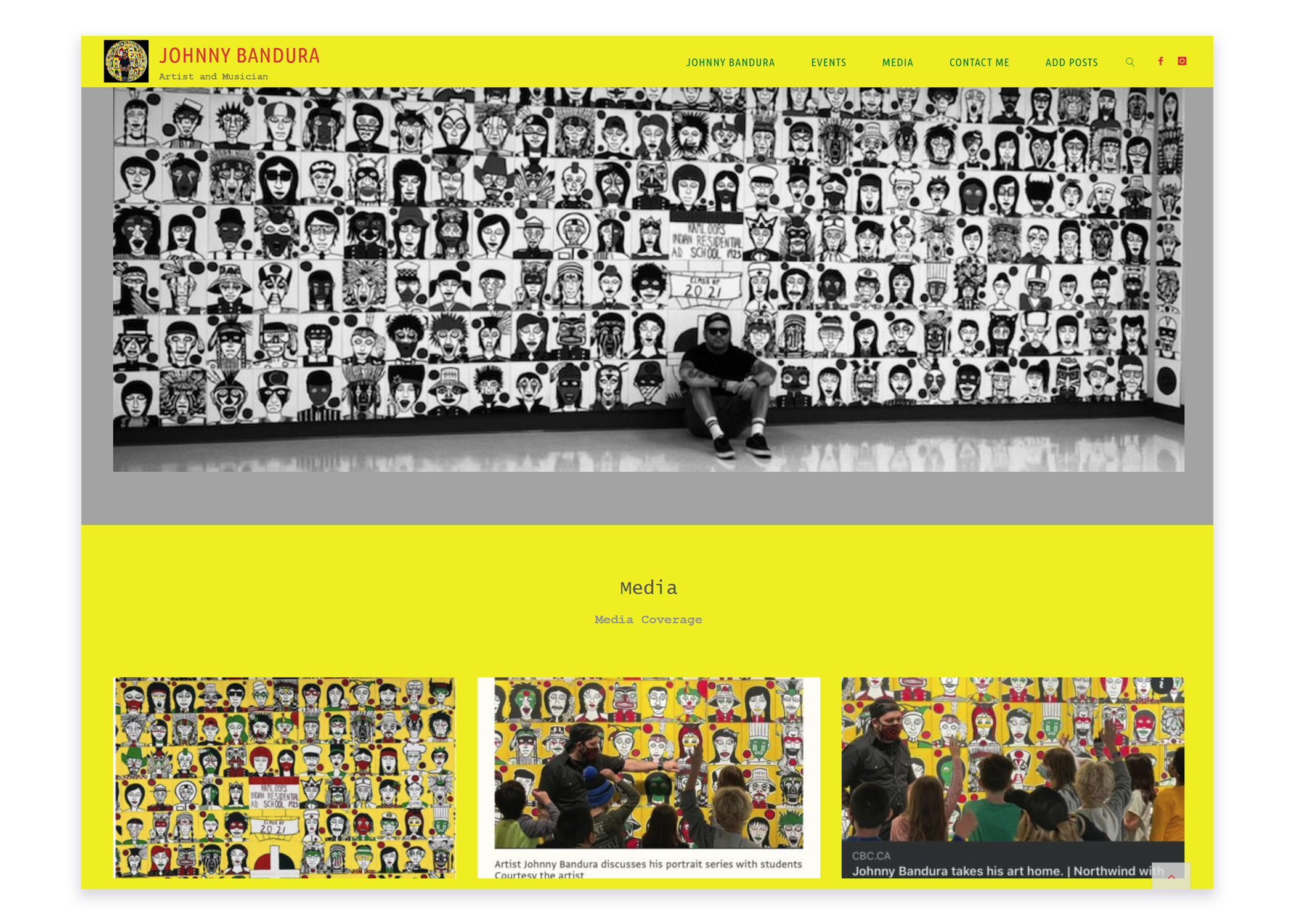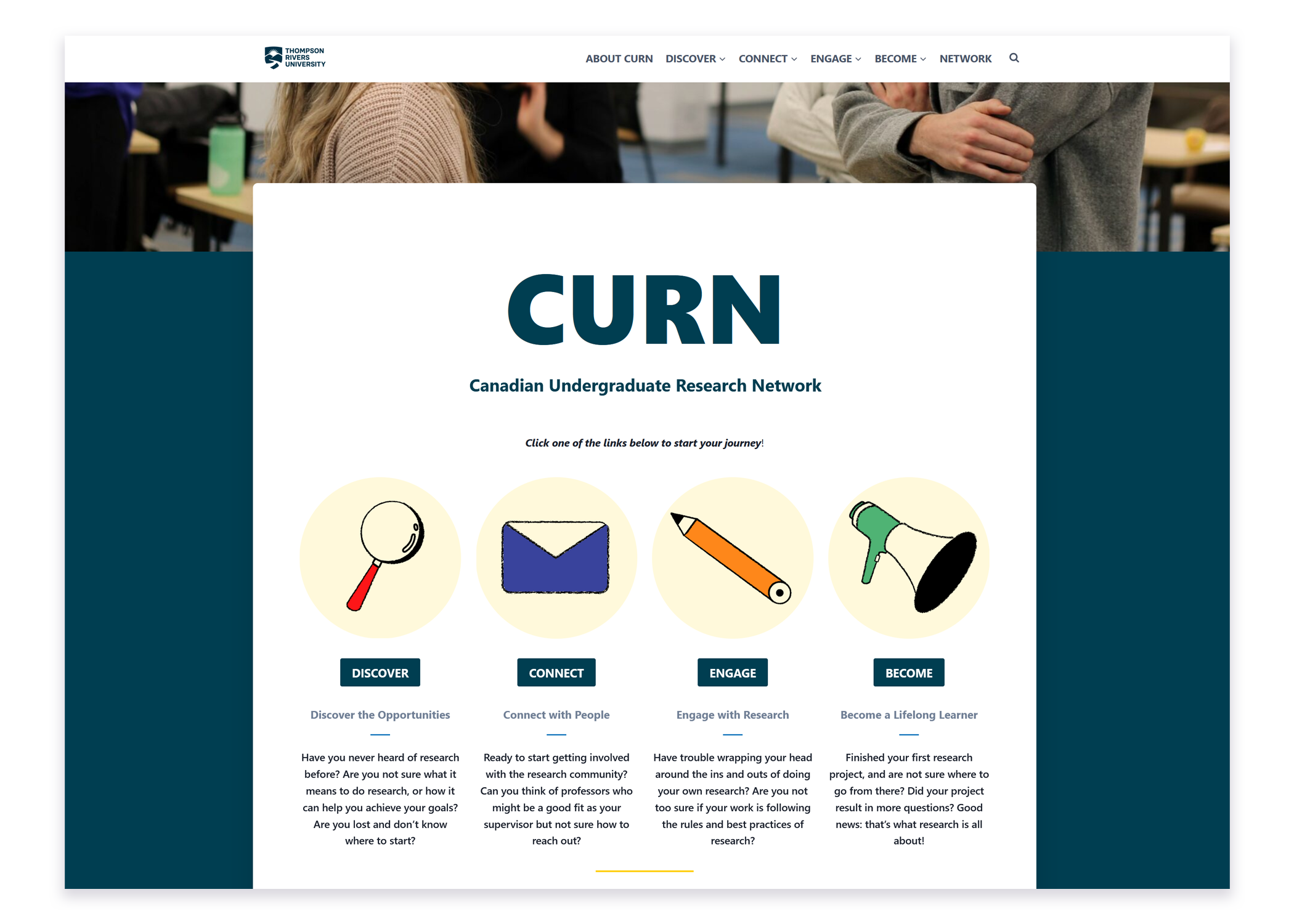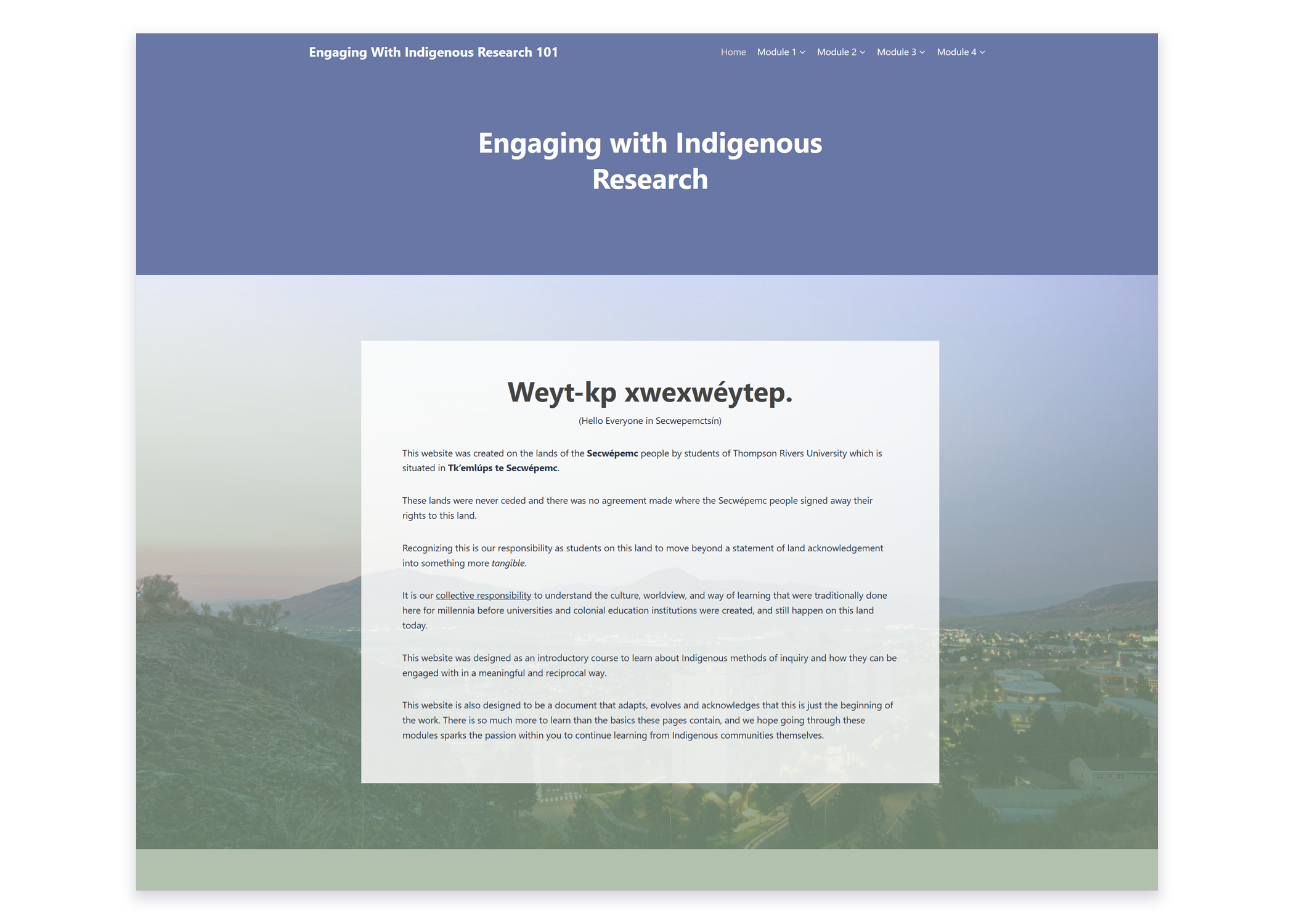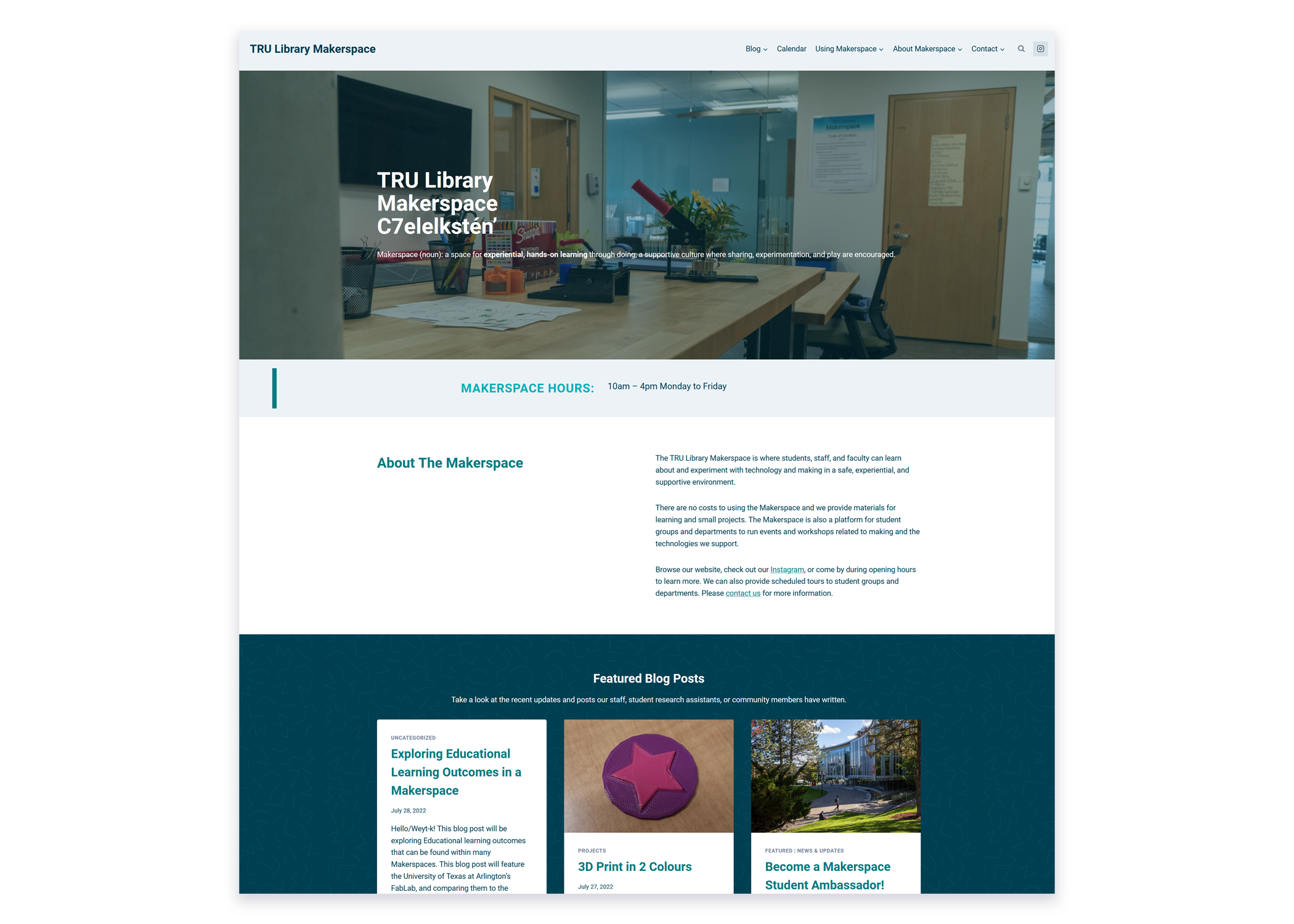
Unbounded Possibilities
Enabling Your Digital Strategy With Open Platforms
Jamie Drozda, Brian Lamb – Learning Technology & Innovation, TRU
https://unbounded.trubox.ca
What’s your take on open source, and open practice, really?
Is it reasonable to suggest that the appetite for supporting open learning technology is waning? (With some justification…)
WordPress is not our team’s only open source platform:
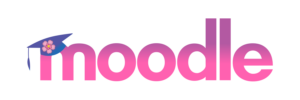
- A good relationship with IT Services is critical in ensuring the smooth functioning of Moodle
- Our role in managing the front end of Moodle
- How we improve the user experience for faculty and students

TRUBOX – LT&I’s Core Platform
- Hosted on BCNET Educloud.
- 1923 sites (as of April 2023).
- where possible bulk purchase premium themes and plug-ins that might otherwise be unavailable to users.
What makes Trubox distinct?
- Trubox allows for self sign-up, and site creation from starter sites for any TRU user.
- Trubox is not integrated with TRU’s single sign-on system, which means sites can persist after a user leaves the university, and that external users can easily be accommodated.
- Trubox is built on a foundation of a cloning tool, which allows for more rapid iterative development, and to provide “starter” sites for users.
Even if we only used trubox for internal purposes, it would be essential to our practice
Moodle Orientation / LT&I Toolkit / Learning Without Walls / Teaching Unbound / Lightboard!
open publishing and collaboration
LT&I’s support for our open publishing and collaboration platforms (WordPress, Pressbooks, Mattermost, MediaWiki) allows us to extend TRU research through knowledge mobilization and community engagement.
Podcasting
Podcasting is an area of particular strength. Dr. Brenna Clarke Gray is a co-investigator of the SSHRC-funded Amplify Podcast Network.
LT&I’s platforms and skills have allowed us to extend our reach with open educational resources and open pedagogy.
Special emphasis has always been placed on working with students on developing their digital skills and literacies. LT&I has evolved a unique and effective technique for creating clone-able starter sites, which dramatically simplifies and reduces development time. It also provides far more welcoming on-ramps for students when they begin building their own websites. So many wonderful stories of students finding their voices and building their digital creation skills. We are especially grateful for the opportunity to work alongside indigenous scholars.
Knowledge Makers Program / Sandra Bandura / Johnny Bandura / Canadian Undergraduate Research Network / Engaging with Indigenous Research / TRU Makerspace
LT&I’s platforms provide ePortfolio starter templates which embed pedagogical prompts and technical instructions, while building student digital literacies and skills with the widely-used WordPress platform. Students can also use the platform to build their own project sites, or to support student life initiatives.
Mobilizing student research
Student-created sites need not be portfolio oriented. The Websites in Your Course site (under construction) collects resources, student and faculty stories, and examples.
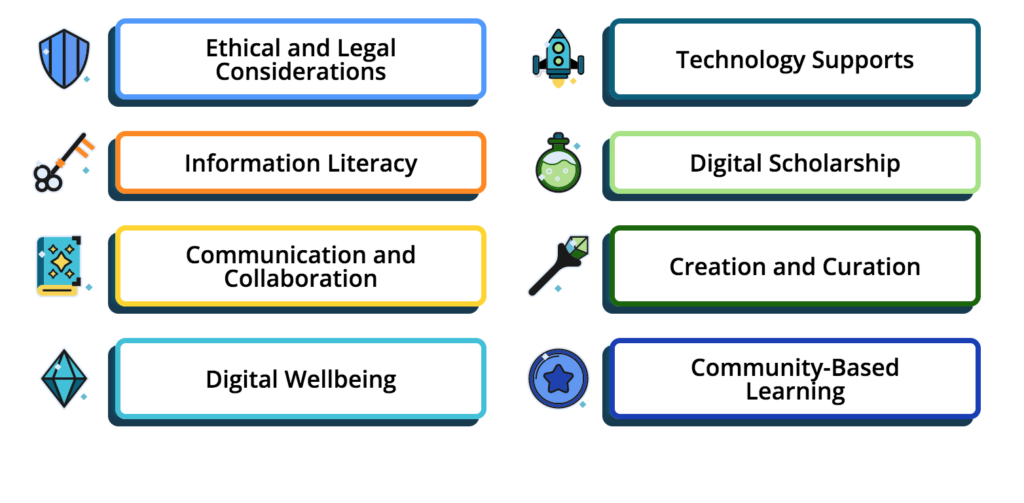
We believe this approach is a solid manifestation of the digital competencies articulated in the BC Digital Learning Advisory Committee’s Digital Learning Strategy.
LT&I is piloting extended platforms to support microcredentials, such as with the Public Safety Resilience Project, partnering with TRU’s Faculty of Science, and the just-launched Knowledge Makers online course.
Building Resilience in Public Safety / Knowledge Makers Workshops
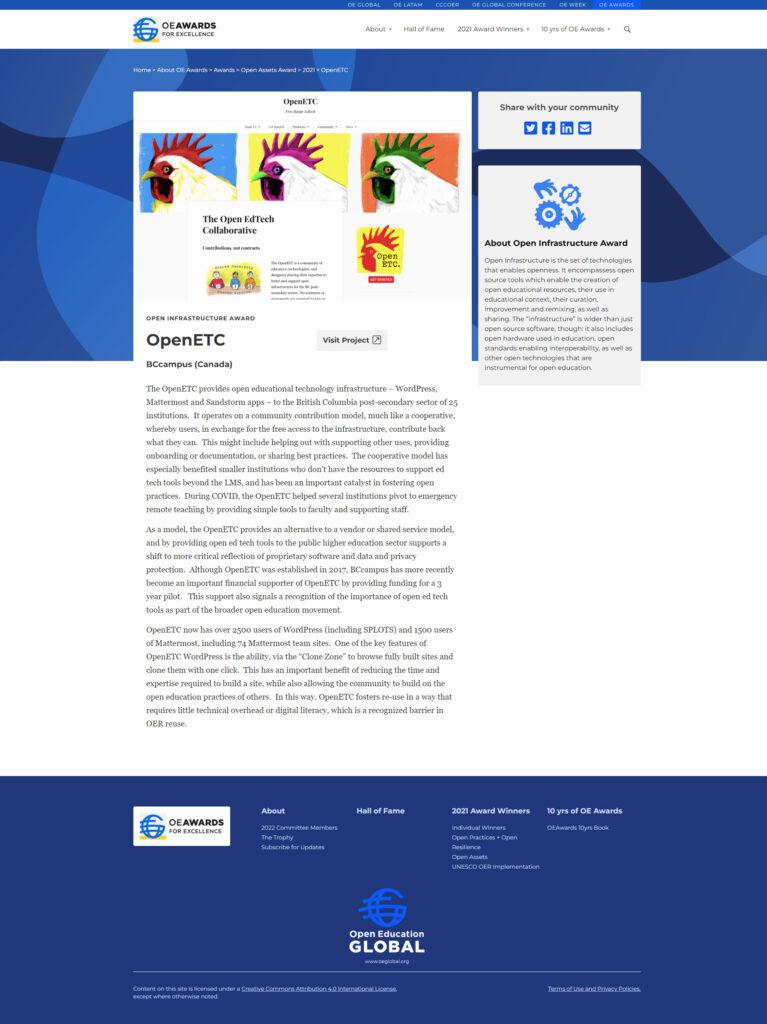
LT&I has extended its efforts via the BCcampus-funded Open Ed Tech Collaborative (OpenETC).
The Open EdTech Collaborative (OpenETC) / 2021 OE Global Award for Excellence, Open Infrastructure
Time for a little (Real) tech talk?
Plugins extend the functionality of WordPress to do all kinds of things, from the simple (embedding a PDF or displaying a fillable form) to the complex (publishing podcasts). Trubox makes a wide variety of plugins available to its users. Purchasing models of unlimited versions of WordPress licenses are often very economical, and the tools provides a great deal of design and functional power to the community.
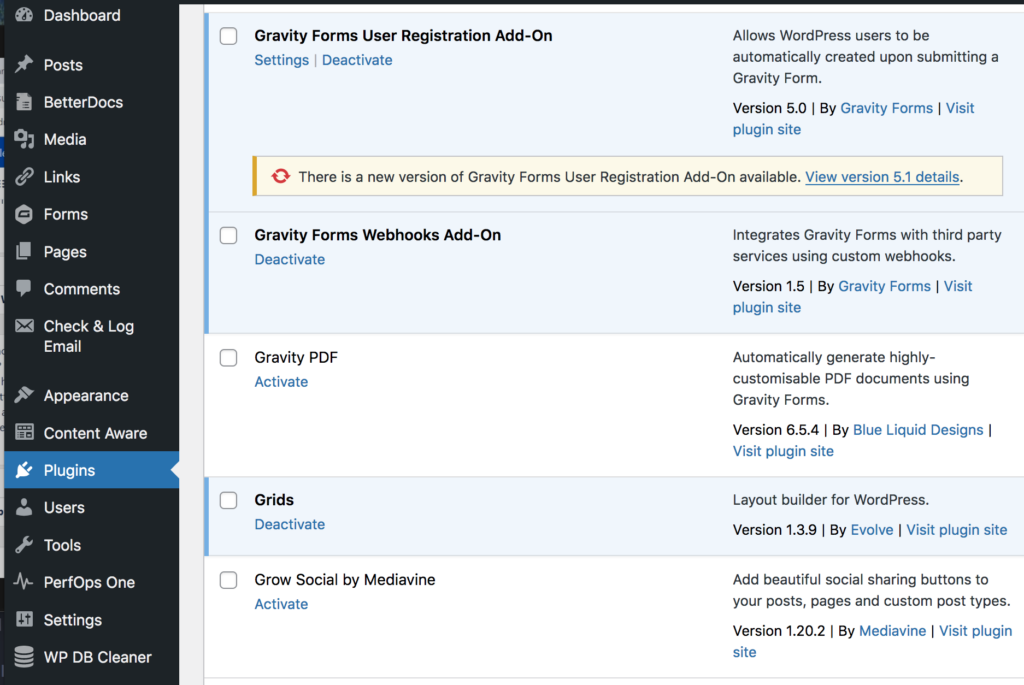
But this is not an uncomplicated benefit, and as it stands we probably have too much of a good thing here. This is because:
- Users do not always choose plugins wisely, or can overdo them. We can limit access to some plugins or themes, but the temptation to pile up features can prove irresistible (and troublesome).
- Plugins can clash with one another. This is particularly a problem when plugins or themes are updated at irregular intervals. This is the most common source of site problems.
- Removing plugins system-wide can be problematic to users who have built their sites using them.
- Even removed plugins might leave database crud and other vestigial traces that can be difficult to troubleshoot.
That all said, the benefits far outstrip the hassles. Educloud hosting has been very cost-effective, stable and secure.
In many ways, an open platform is like a garden: it requires regular attention, and interventions can affect some of the community more than others. It can quickly become overgrown and messy, and pieces can have unpredictable effects on one another as a system. Sometimes these unexpected effects are delightful, creative and serendipitous. Sometimes, they are… not.
Future plans:
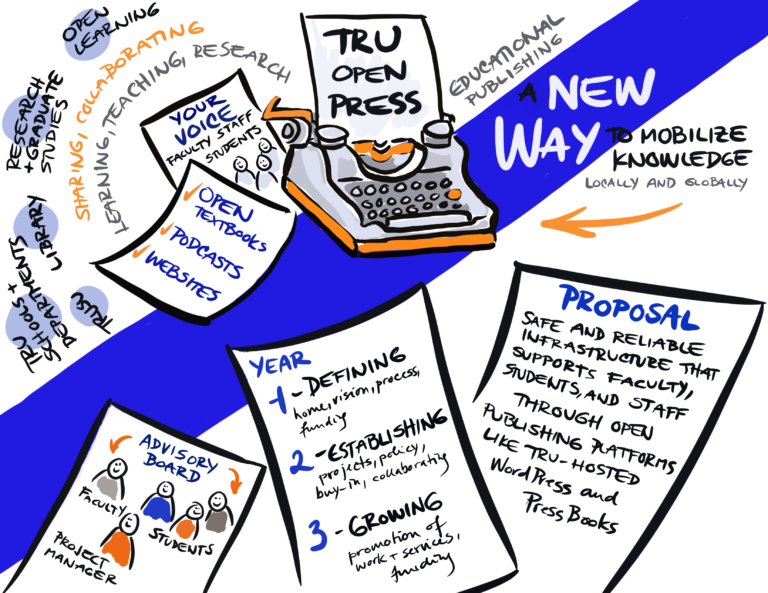
The TRU Open Press (proposal): “The intention of the press is to solidify the existing infrastructure to be ready for TRU’s next phase as a research-first university while celebrating and supporting the existing community ethos to teach and learn in the open.”
